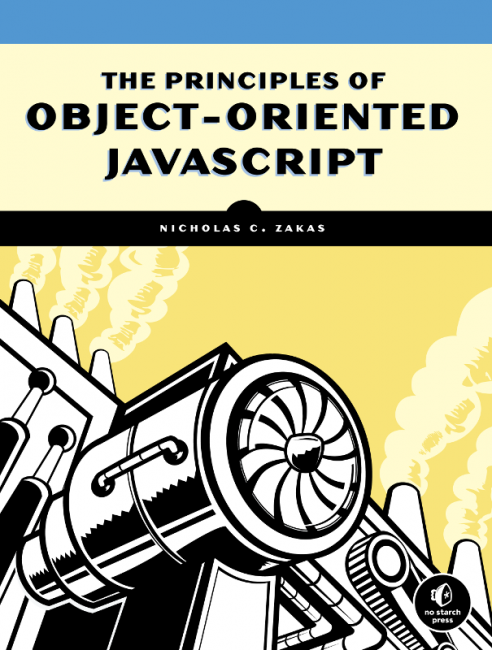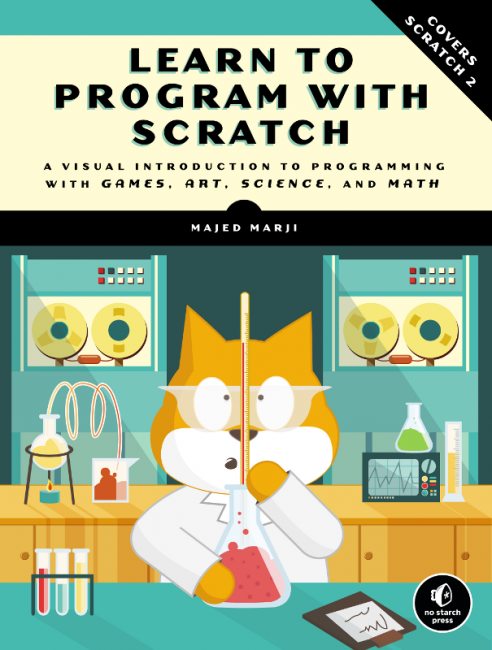 Zakas writes well - this is not his first book - and I love the way this book is organized around well thought out descriptions of core ideas; for instance, what is an Own Property, and why would you need one, or how does the Prototype Chain actually work. This is a quick read that really provides you with everything you need to then move onto a framework specific book on Backbone or Angular, whatever you need for your particular project; and really this is where this book shines, when it digs down into some of the more esoteric features of the JavaScript language, but never leaves stops answering the question, when is this going to be important when I am writing actual code. This is the book I would recommend, for instance, to any of my colleagues who is making the transition from server-side Java to client-side JavaScript. Quite simply, Zakas answers the questions you are going to ask with well though out answers.
Zakas writes well - this is not his first book - and I love the way this book is organized around well thought out descriptions of core ideas; for instance, what is an Own Property, and why would you need one, or how does the Prototype Chain actually work. This is a quick read that really provides you with everything you need to then move onto a framework specific book on Backbone or Angular, whatever you need for your particular project; and really this is where this book shines, when it digs down into some of the more esoteric features of the JavaScript language, but never leaves stops answering the question, when is this going to be important when I am writing actual code. This is the book I would recommend, for instance, to any of my colleagues who is making the transition from server-side Java to client-side JavaScript. Quite simply, Zakas answers the questions you are going to ask with well though out answers.Beyond this, all the books I have seen from No Starch Press are beautiful to look at. My own background is in Literary Theory in addition to Information Technology, and I loved my graphic novel guides to Derrida, Foucault and Freud, so much so that I gave them all away to people who wanted to know more about what I was studying. Like those graphic novels, I imagine the books from No Starch Press are a delight to give away; they look great. In addition to the aforementioned Java programmer colleagues, I also think Zakas' book would be very apt for a 15 or 16 year old who is interested in programming, as would any number of No Starch's "manga guides".
In short, good code examples, short chapters, great discussion in depth of core ideas with well
 thought out descriptions of the things that make object-oriented JavaScript idiosycratic, and a book I find myself going back to and recommending for others, particularly people I know will be going on to use JavaScript with framework support like Angular.
thought out descriptions of the things that make object-oriented JavaScript idiosycratic, and a book I find myself going back to and recommending for others, particularly people I know will be going on to use JavaScript with framework support like Angular.




No comments:
Post a Comment